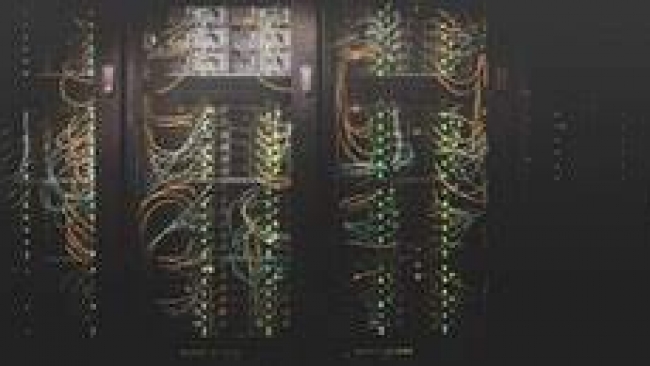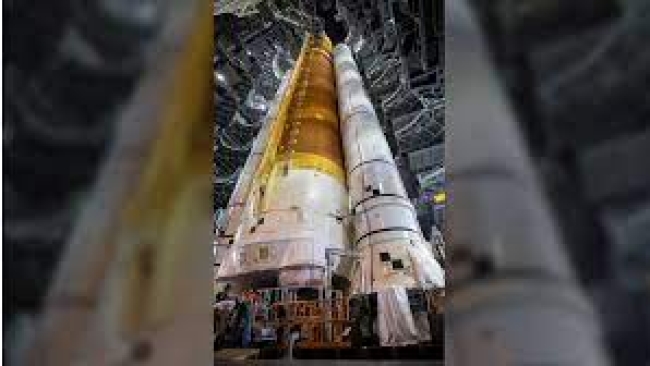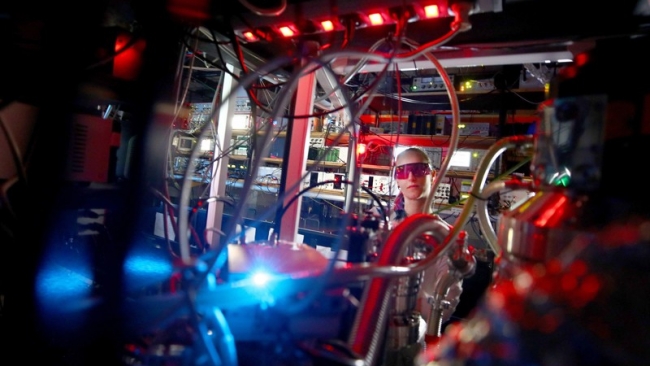Time to tackle AI’s impact on the environment

2021 is shaping up to be a good year for artificial intelligence. According to Deloitte, more than 70% of organisations intend to increase their spending on AI solutions this year in pursuit of improved analytics and automation capabilities.
And, as UiPath’s $34bn IPO shows, European startups that provide this tech are already in huge demand.
But while AI will be hugely beneficial for businesses — enabling them to increase efficiencies and make more insightful, data-driven decisions — it also comes with a significant cost: a large and evergrowing hunger for processing power and the corresponding carbon footprint that it brings with it.
The challenge for AI startups, and those looking to procure their services, is to strike a balance between providing business with the benefits of this tech and its long term impact on the environment. If they can’t do this, AI could become the 21st century equivalent of plastic packaging — sold to us as a way to protect, transport and distribute products at scale and with an efficiency that wasn’t possible before, but which has since become a scourge on our planet.
Read more at SiftedSource: Sifted
Thu 13 May 2021 at 14:09





